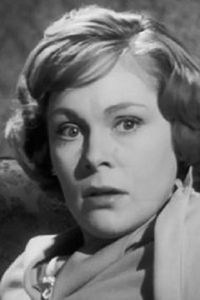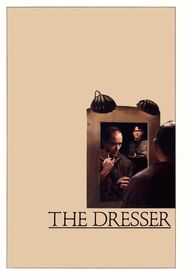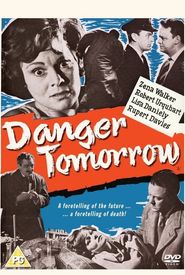Zena Walker, a renowned British actress, made a lasting impact on the theatre world rather than film. Born on March 7, 1934, in Birmingham, she was the daughter of George Walker, a grocer, and Elizabeth Louise (Hammond).
Trained at the Royal Academy of Dramatic Art, Zena initially turned down a film contract with Alexander Korda to pursue additional training. She made her professional stage debut in Birmingham in 1950 in a walk-on part in "Smooth-Faced Gentleman".
Throughout her career, Zena played numerous iconic Shakespearean roles, including "Miranda" in "The Tempest" (1952),"Juliet" in "Romeo and Juliet" (1954),"Katharine" in "Henry V" (1955),and "Perdita" in "The Winter's Tale" (1955).
Zena's television work included occasional appearances in the late 1950s, followed by film appearances in the 1960s, although her film career did not gain significant traction. She did, however, meet and marry her first husband, actor Robert Urquhart, while working on "Danger Tomorrow" (1960).
After taking a break to raise a child, Zena returned to the theatre, impressing audiences with her performances in classical roles such as "Man and Superman", "The Cherry Orchard", "The Fighting Cock", and "Lady MacDuff" in "Macbeth".
In 1967, she received critical acclaim for her role as "Sheila", the mother of a handicapped child, in the black comedy "A Day in the Death of Joe Egg", which earned her a Tony award for "featured actress" opposite Albert Finney.
Zena's later work showcased her ability to portray vulnerable, mature, and emotionally deep characters, often taking on matronly roles. Despite being overlooked in films, she found more prolific work on television, particularly in the series "Man at the Top" (1970).
One of her final roles was an episode of "Rosemary & Thyme" (2003). Zena passed away on August 23, 2003, at the age of 69, in Brockenhurst, Hampshire. She was married twice, first to Robert Urquhart and then to theatrical agent John French, and had two children by her first marriage.




































